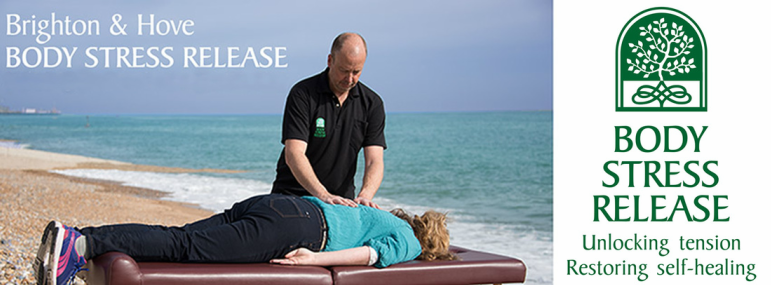
|
|
|
A really fascinating article in Psychology Today. The experience of many BSR clients certainly tallies with these findings. If your body is overloaded with stress, it's time to see your Body Stress Release practitioner!
1 Comment
Always good to get nice feedback from a client...thanks Emily!
"This works, it really works, years of severe back problems gone, unbelievable. I have recommended Rob to so many friends and family, all with successful results too." Feeling tired and constantly fatigued? You're body is probably carrying too much stress. If everything feels tight and aching, your body is using valuable energy to hold stress in your muscles. This will put pressure on the nerves and inhibit communication with the body, preventing the body from healing properly, leading to aches,pains and fatigue.
Body Stress Release is a technique that can help. By releasing the stress your muscles carry, BSR allows the body to heal itself in a natural way. This time last year, it appeared that Roger Federer could be placed in the category of a once great champion in slow decline. His last grand slam title had been won in 2012. Federer had previously enjoyed a remarkably injury free career, until he sustained a freak knee injury at last year's Australian Open, whilst bathing his children. The knee injury was aggravated during his Wimbledon semi final defeat to Milos Raonic, and Federer was forced to take six months out of tennis for surgery and subsequent recovery. Incredibly, Federer returned to win the 2017 Australian Open, seemingly rejuvenated by his enforced rest period. Perhaps influenced by the positive effects of his enforced rest, he then took the unprecedented decision to skip the clay court season, including the French Open. The results were again stunning. Federer won Wimbledon for a record eighth time without dropping a set!
The beneficial effects of resting your body cannot be underestimated. A common mistake with sports people at all levels is to carry on continuously without a suitable period of rest. How much do you need? Everyone is different, but a general rule of thumb is around 24-48 hours after serious exercise. Listen to your body! If you are aching all over, you have probably put too much stress on your body and need a rest. If you are unfortunate enough to be injured, let the injury heal properly...the effects can be amazing, just ask Roger! The Body Stress Release Academy is celebrating it's 30th Anniversary next month - here's your chance to celebrate with us and win FREE BSR sessions.
A new study indicates that anti-inflammatory drugs be be little better than a placebo in treating back pain...
Well it's certainly chilly at the moment, but a new study show that the it's not the cold making your aches and pains worse! There has been a long held belief that when the weather turns cold,we feel are aches that much more, however the latest study suggests we are just feeling the pain of learned association. According to Chris Maher, professor at The George Institute For Global Health, “Human beings are very susceptible so it’s easy to see why we might only take note of pain on the days when it’s cold and rainy outside, but discount the days when they have symptoms but the weather is mild and sunny.” The study looked at a sample of 1000 back pain sufferers, studying pain levels in relation to the weather, and found no correlation between them. This suggests that, rather than blame the weather, we should look at the elements we can control.
Our nervous system is a complicated network with many functions. Continuous signals (nerve impulses) exchange between your brain and the rest of your body. The optimum functioning of this communication system is crucial to keep a constantly healthy andto maintain a balance and aid recovery.
Muscular tension can suppress the nervous system, causing distorted perception of bodily functions by the brain and the spinal cord. Disruption of the nervous system can adversely affect every bodily function. Nerves to the legs and arms can be irritated, and also nerves towards the organs such as the intestine and stomach. Body Stress Release begins a process in which the body releases muscular tension, so that the body can recover from the strain and the nervous system can function normally again. |
Rob Petherick
Body Stress Release Practitioner in Brighton & Hove. Archives
March 2023
|


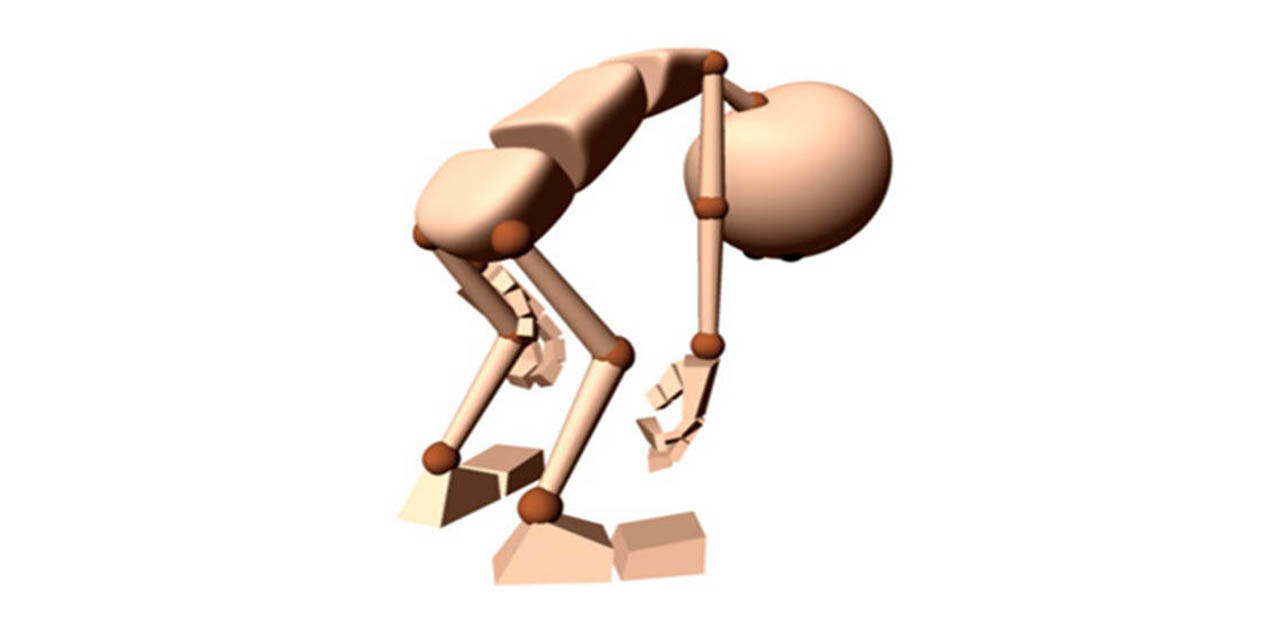


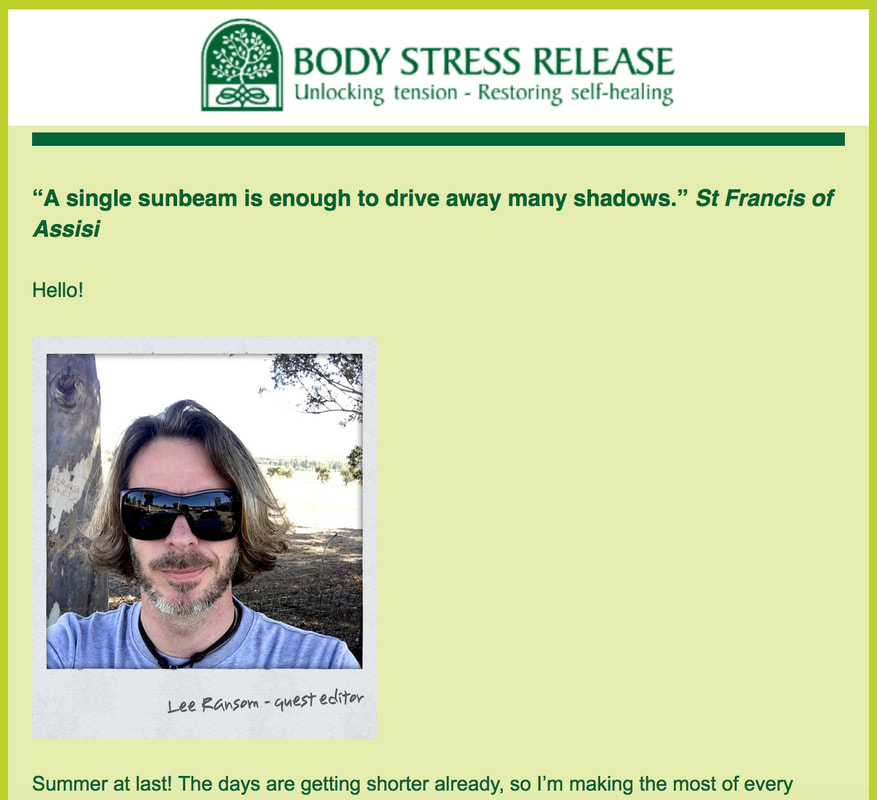


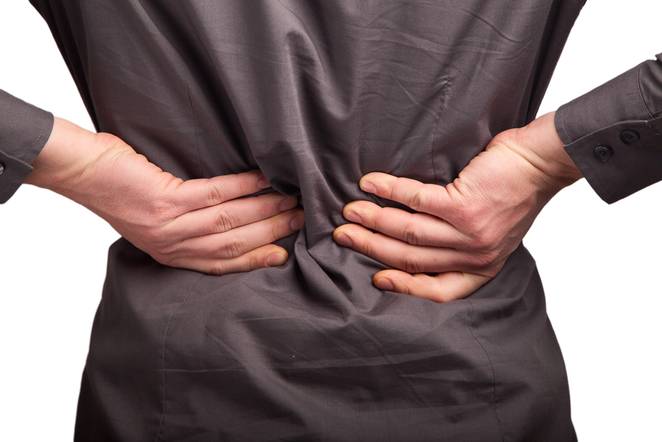
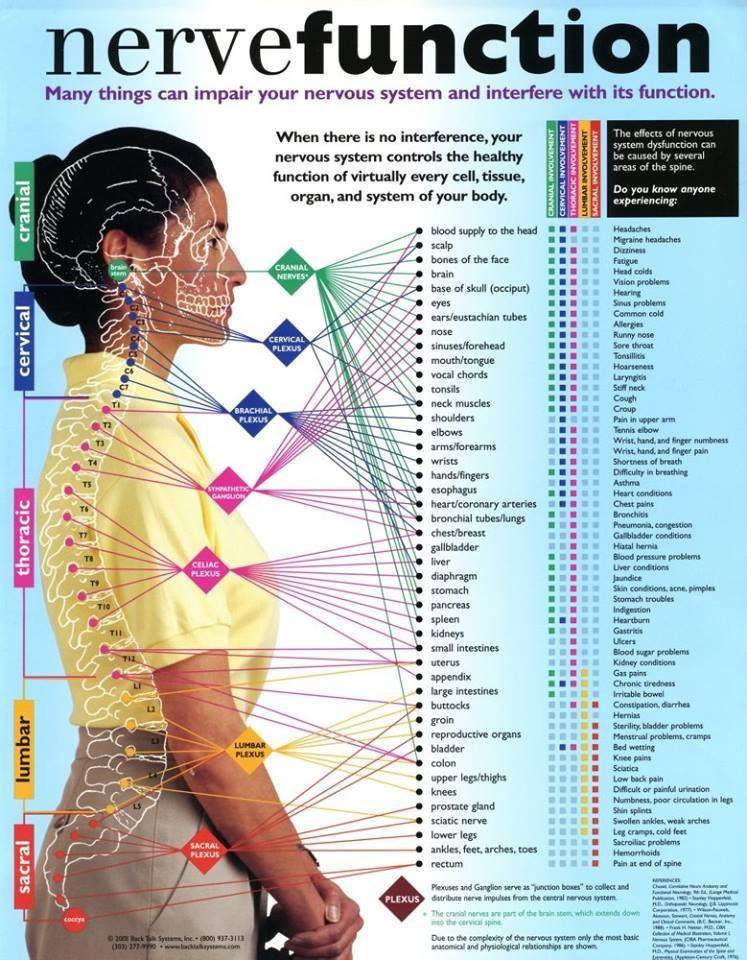
 RSS Feed
RSS Feed
